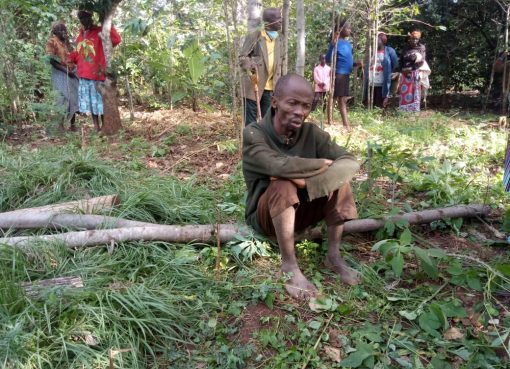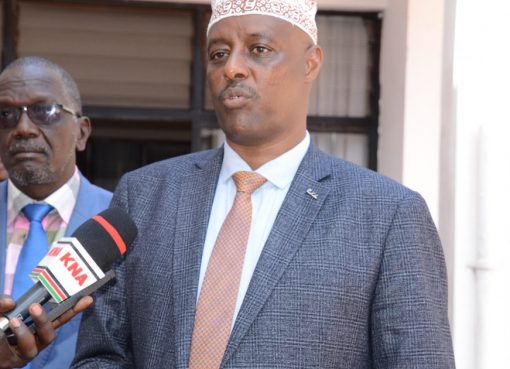Kenya is among countries earmarked for an ambitious plan to help small, medium and large cities become greener, cleaner and integrated into sustainable Agri-food systems
The programme identified Nairobi and Kisumu cities to undergo the pilot phase of the Green Cities Regional Action Programme for Africa which was tailored by the United nations under the Food and Agriculture Organization.
The Programme aims to apply innovative solutions and turn urbanization into an opportunity for cities to become more sustainable, more resilient, provide access to healthy foods and ensure a better life for everyone.
The initiative aims to also scale-up fast-action measures for large, medium and small cities to improve nutrition and natural environments, and more integrated nutritious food production and distribution systems benefiting residents and farmers alike.
Speaking during a webinar that was graced by representatives from six African cities namely, from Kenya, Cabo Verde, Madagascar, Mozambique and Rwanda, FAO Director-General Qu Dongyu said there was need to redesign our cities.
“With affordable healthy and sustainable food, with accessible green spaces, with green lifestyles, and with new jobs which our citizens need, we can redesign our cities”, he said
Increasing local food production and promoting short food supply chains has also taken on new importance in the wake of the COVID-19 pandemic.
According to Qu Dongyu, the vast majority of Africa’s cities have fewer than 300 000 inhabitants therefore with the right policies and planning, combined with innovative solutions, local administrations and communities can build resilience and improve the wellbeing of urban and peri-urban dwellers.
The Director-General further called upon committed cities and mayors to engage local innovators, entrepreneurs and young people to propose new solutions, digital technologies, climate-smart practices and strategies to create green jobs and enrich the connections between urban settlements and their rural surroundings.
“I also invite authorities to engage youth, especially in places where urbanization is in an early phase and growing fast”, Qu Dongyu said noting on the need to enable young people so they can define their own future city.
FAO will help participating countries use geo-referenced data and other indicators to provide rapid and systematic understanding of potential vulnerabilities to shocks, identify potential biodiversity hotspots and strategic mapping of food retail environments to boost access to nutritious food where it is lacking.
The local administrations will also be helped to promote rooftop and backyard gardens, vertical farms in abandoned structures and high-tech aquaculture, as well as training locals to maximize the value of such opportunities.
The Organization will also support Members to set up platforms to engage in city-to-city dialogues and partnerships.
Kisumu County Governor Prof. Anyang Nyong’o and whose city is a beneficiary said that in the last 5 years, and with assistance of development partners Kisumu has put in place several initiatives towards greening the city as well as resilient food systems.
The six African cities, Praia in Cabo Verde, Kisumu and Nairobi in Kenya, Antananarivo in Madagascar, Quelimane in Mozambique and Kigali in Rwanda will be embarking on the pilot phase involving 1 000 cities worldwide by 2030.
Salifou Ouederaogo, Minister of Agriculture, Hydro-Agricultural Development and Mechanization for Burkina Faso, hailed FAO’s initiative as timely for his country saying the share of the population living in cities is expected to double by 2050.
FAO’s programme is “a real opportunity to consolidate and scale up pilot actions that are already underway at the national level and above all to include the Green Cities Initiative action plans to develop toolkits for developing the rural sector in our country,” he said.
FAO is funding the initial phase and eyeing to attract more resources and interest for the full programme. The aim is to push for key innovative “quick win” actions to develop the capacity of local stakeholders in the first cities joining the project to integrate food systems, urban and peri-urban agriculture and forestry in local planning, requiring a holistic approach to governance that in the case of metropolitan areas often span several municipal jurisdictions.
Some 55 per cent of the world’s population lives in cities today, and that is expected to rise to 68 per cent by 2050, with the vast majority living in low income countries, especially in Africa and Asia.
By Wangari Ndirangu





